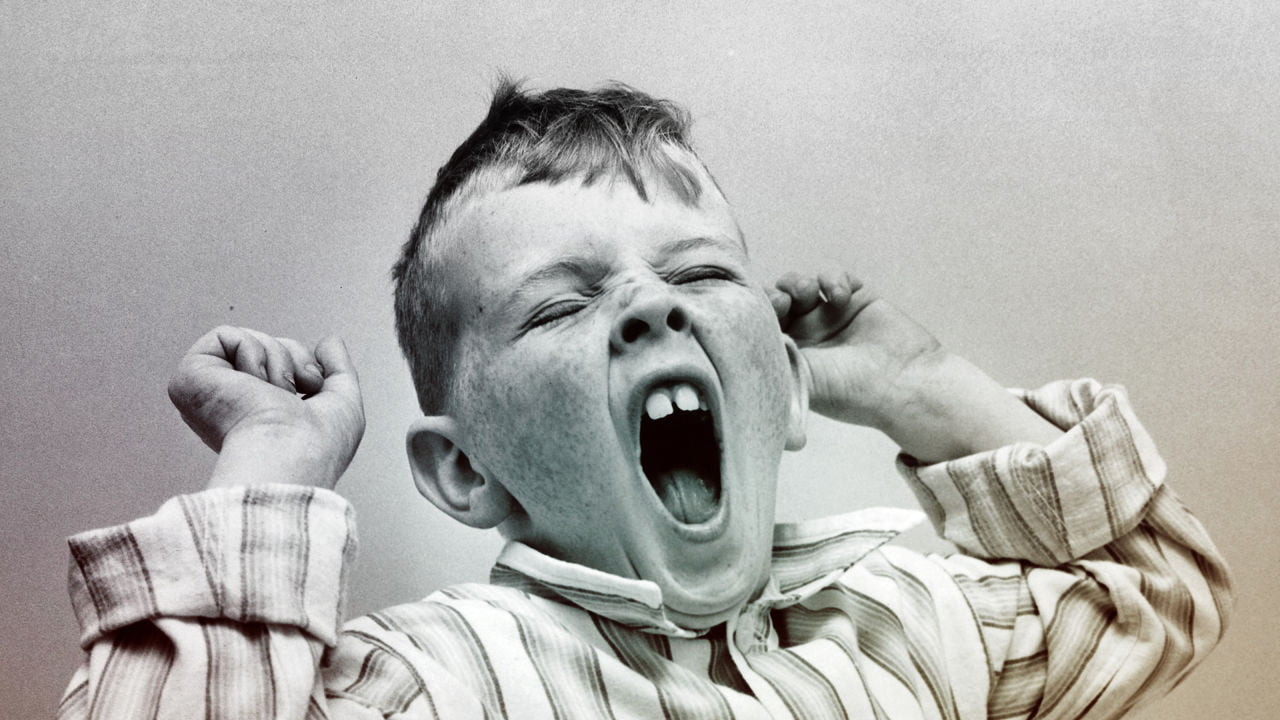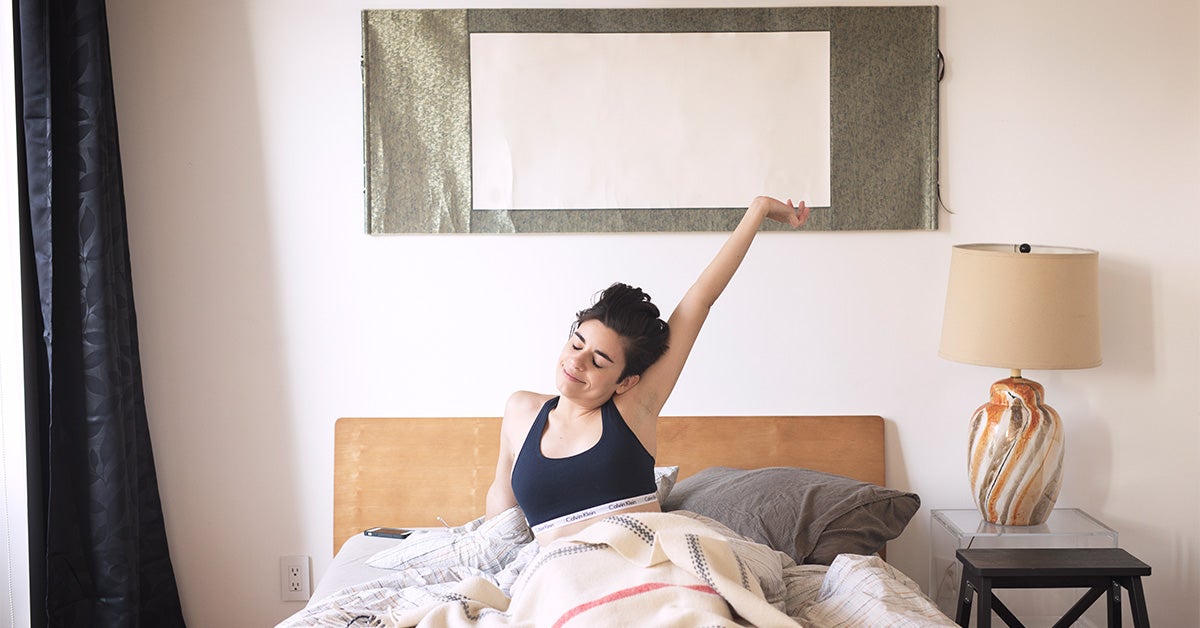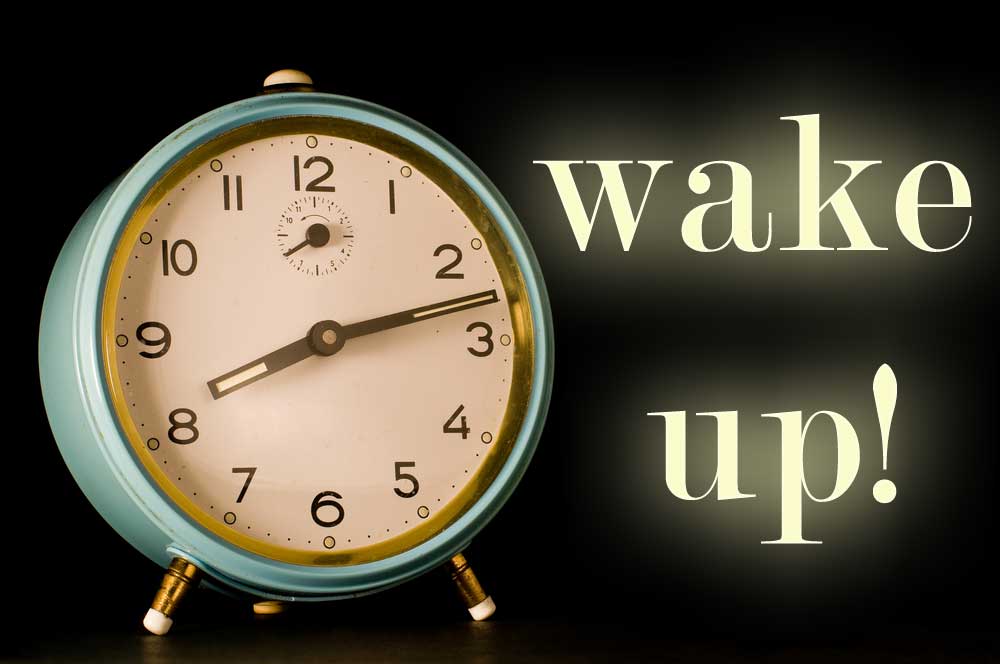

Wake up time tv#
If you’re trying to go to sleep earlier, avoid bright and outdoor light close to bedtime (that includes light from cell phone, laptop, and TV screens) and keep your surroundings dim at night.

Remember: Light sends signals to the brain that it’s time to be awake.

“The clock in your head needs instructions,” says Pelayo. Get a good alarm clock and don’t hit snooze. Do not sleep in, and get up at the same time each day. Being consistent is important in maintaining a functioning sleep schedule.

Then you can save up that drive to sleep for later,” he says. “The exercise will chase away the sleepiness. Do not nap, even if you feel tired. Napping can interfere with going to sleep at night. Pelayo recommends scheduling exercise when you feel like napping.“So you could stay up later an hour at a time, but going to bed earlier is hard to do.” To get to sleep earlier, Dr. Pelayo recommends going slowly and in small increments, adjusting no more than 15 minutes earlier every two or three days. “As a general rule, it’s easier to push away sleep than to advance sleep,” says Rafael Pelayo, MD, clinical professor at the Stanford Sleep Disorders Clinic and the Stanford University School of Medicine in California. Often you may need help from a physician with this. Adjust your bedtime, but be patient. If you’re aiming to go to sleep earlier, try slowly scaling back your bedtime until you are at the desired hour.That means the light signals you send your brain, whether from sunlight or a glowing computer and cell phone screens, are some of the key factors that can either keep your sleep schedule on track, get it back on track, or throw it off significantly. “Light suppresses that production of melatonin, which is directly involved in sleep initiation,” she says. Our body’s master clock is located in a part of the brain’s hypothalamus called the suprachiasmatic nucleus, which receives light information from the retina in the eye and sends the information to other parts of the brain, including the gland that releases the sleep-signaling hormone melatonin, says Rochelle Zozula, PhD, a sleep specialist and owner of Sleep Services International in Bridgewater, New Jersey. Our body clocks regulate our bodies’ circadian rhythms, the patterns of physical, mental, and behavioral changes, including sleep patterns, regulated by body temperature, hormone secretion, and external factors like light and darkness. If you do want to get your sleep schedule back on track, you’re going to need to reset your body clock.


 0 kommentar(er)
0 kommentar(er)
